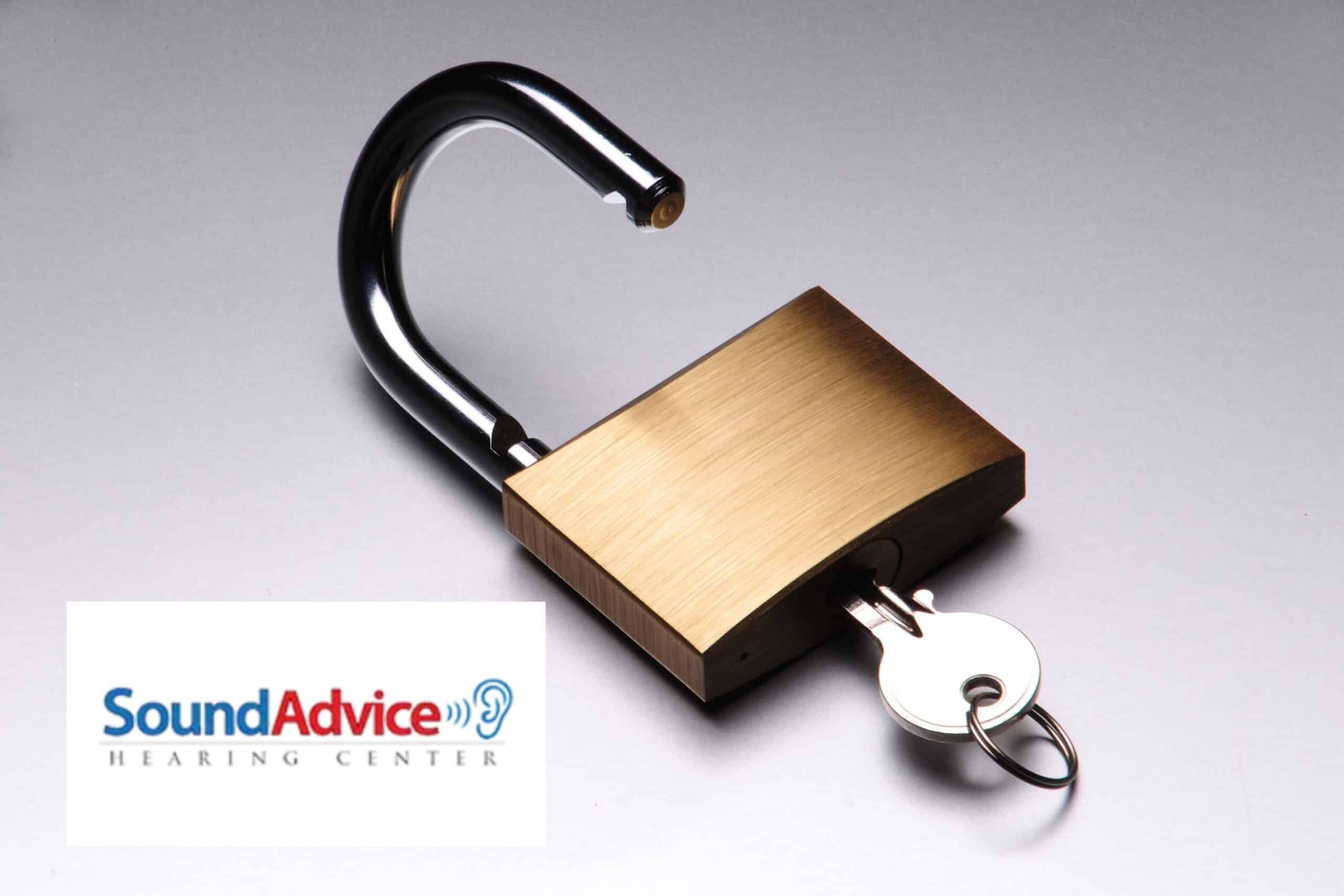Hearing loss is a common condition that affects millions of individuals worldwide. It can be a frustrating and isolating experience, impacting our ability to communicate and engage fully in social situations. Despite its prevalence, there are many myths and misconceptions surrounding hearing loss that need to be addressed. In this article, we aim to decode these myths and provide accurate information to help you understand the truth about hearing loss.
Myth #1: Hearing loss only affects the elderly
One of the most prevalent misconceptions about hearing loss is that it is solely an age-related issue. While it is true that the likelihood of developing hearing loss does increase with age, it is not exclusive to older adults. In fact, according to the World Health Organization, over 1 billion people aged 12-35 are at risk of hearing loss due to exposure to recreational noise. Additionally, there are various other causes of hearing loss, including genetic factors, medical conditions, and noise exposure. It is important to recognize that hearing loss can affect anyone, regardless of age.
Myth #2: Hearing loss is not a big deal
Another misconception is that hearing loss is a minor inconvenience that can be brushed aside. In reality, untreated hearing loss can have severe consequences. Individuals with hearing loss often experience social isolation, as communication becomes challenging and they may withdraw from social activities. Furthermore, research has found a link between untreated hearing loss and cognitive decline, as the brain struggles to compensate for the lack of auditory input. Additionally, untreated hearing loss can have a significant impact on an individual’s overall quality of life. It is crucial to address hearing loss and seek appropriate treatment to prevent these negative consequences.
Myth #3: Hearing aids are bulky and ineffective
In the past, hearing aids were associated with large, unsightly devices that did little to improve hearing. However, advancements in technology have revolutionized the field of audiology. Modern hearing aids are discreet, comfortable, and highly effective in improving hearing. They come in a variety of styles and sizes to suit individual preferences. With features such as noise reduction, directional microphones, and Bluetooth connectivity, hearing aids can enhance speech clarity and quality of sound. Countless individuals have benefited from these modern devices, allowing them to regain their quality of life and actively participate in conversations and activities.
Myth #4: Hearing loss cannot be prevented
Contrary to popular belief, hearing loss is not an inevitable consequence of aging or other factors. There are proactive measures you can take to protect your hearing and reduce the risk of hearing loss. One of the most crucial steps is to use hearing protection in loud environments, such as concerts or construction sites. Taking breaks from noise exposure and maintaining a safe distance from loud machinery or music can also make a difference. It is important to pay attention to your ear health and seek treatment for any infections or conditions that may impact your hearing. Additionally, regular hearing screenings are essential for early detection of hearing loss and timely intervention.
Myth #5: Hearing loss is only a physical issue
While hearing loss is a physical condition affecting our ability to perceive sound, its impact extends beyond the physical realm. Living with hearing loss can be emotionally and psychologically challenging. Individuals may experience frustration, anxiety, and depression due to difficulties in communication and feeling isolated in social settings. Moreover, relationships can suffer as effective communication becomes a struggle. It is important to address not only the physical aspects of hearing loss but also the emotional and psychological well-being of individuals. Counseling, support groups, and therapy can play a significant role in supporting individuals with hearing loss and improving their overall quality of life.
Hearing loss is a complex and prevalent condition that affects individuals across all age groups. By debunking common myths and misconceptions about hearing loss, we hope to increase awareness and understanding. It is important to recognize that hearing loss can impact anyone, that it is a significant health concern, and that effective solutions, such as modern hearing aids, are available. By taking a proactive approach to hearing health, individuals can preserve their hearing, maintain their quality of life, and continue to enjoy the sounds of the world around them. If you suspect hearing loss or have any concerns, we encourage you to book an appointment with us. Don’t let myths hold you back from seeking the assistance you need for better hearing and a better life.


